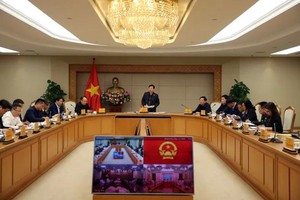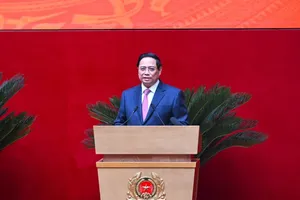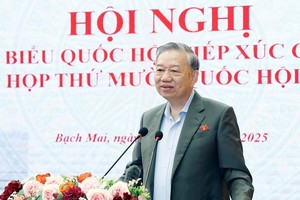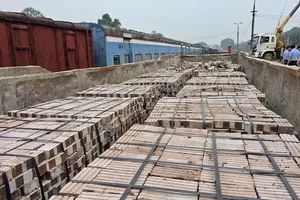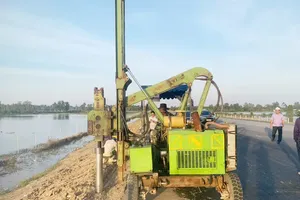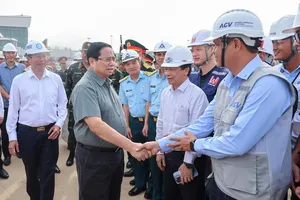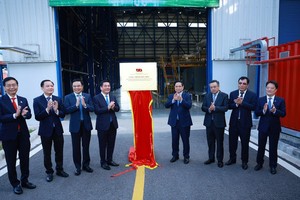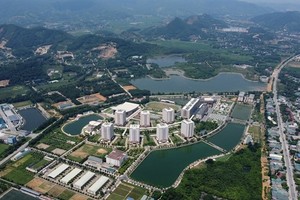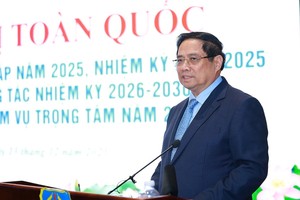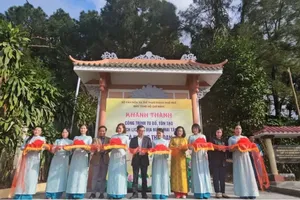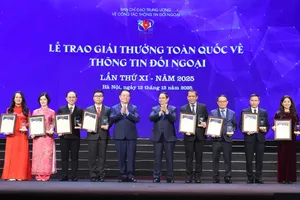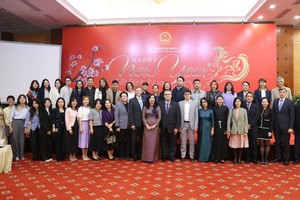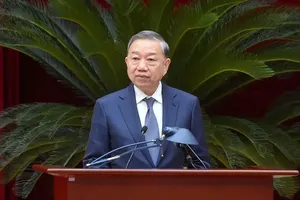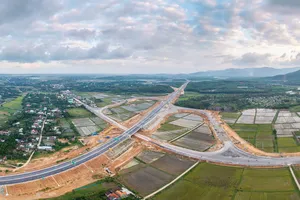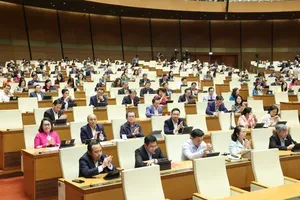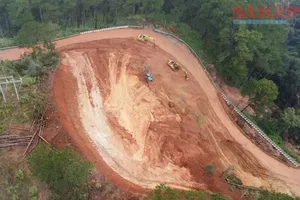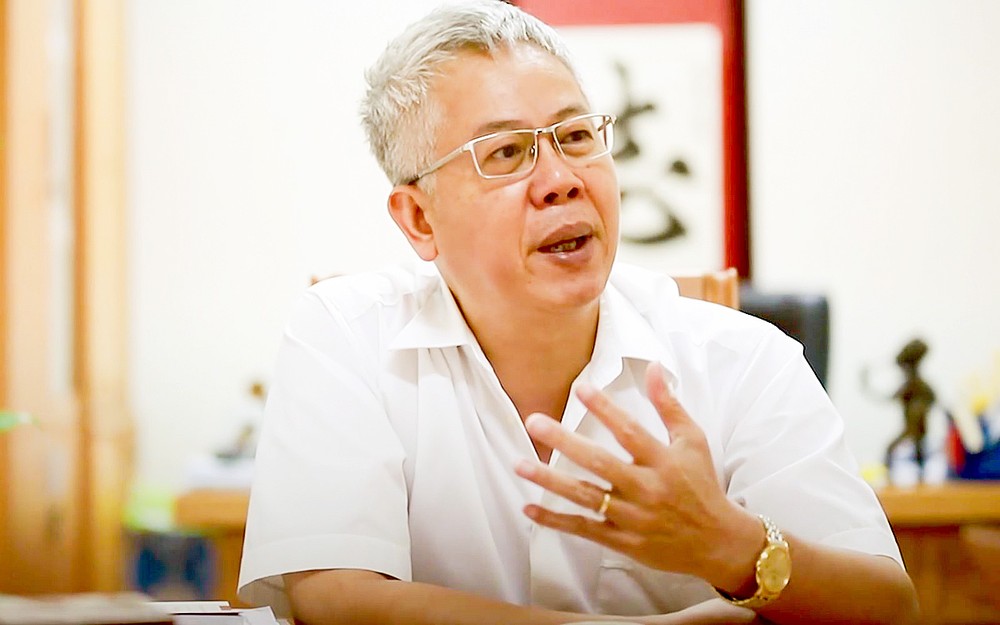
The National Assembly approved the Resolution concerning its 8th session, which prominently featured the ongoing commitment to invest in the nuclear power initiative in Ninh Thuan Province on November 30, 2024. In an interview with reporters from SGGP Newspaper, Dr. Nguyen Duc Kien, deputy of the National Assembly for the 12th, 13th, and 14th terms, and one of the few deputies from the 12th term who endorsed the nuclear power project, provided several significant recommendations for the project's future implementation.
Dr. Nguyen Duc Kien expressed his satisfaction with the National Assembly's decision to revive the nuclear power project in Ninh Thuan Province, stating that this move was necessary and should have been undertaken earlier. In 2016, he was among the few National Assembly deputies who advocated for the advancement of the nuclear power initiative in Ninh Thuan Province. If the project had been initiated at that time and progressed without issues, the power plants would have already contributed electricity to the grid.
He recalled that the original timeline indicated that the Ninh Thuan 1 plant was expected to commence electricity generation in 2020, while Ninh Thuan 2 aimed to begin operations between 2022 and 2023.
The decision to temporarily suspend the project was made when the risk to energy security was not as critical as it is today, and concerns regarding nuclear safety were heightened following the Fukushima disaster in Japan.
Additionally, challenges in capital mobilization and cash flow management were emerging. Conversely, forecasts indicate that electricity consumption in Vietnam is expected to keep rising.
The Power Plan VIII outlines that the existing power system capacity, currently at approximately 80GW, must expand to 150GW by 2030 and reach between 490GW and 570GW by 2050. Furthermore, in alignment with the commitments made at the 26th Conference of the Parties to the United Nations Framework Convention on Climate Change (COP 26), it is essential to achieve emission balance by 2050. This necessitates a restriction on the expansion of large coal and gas power facilities. Consequently, nuclear energy emerges as the most viable solution.
According to him, the biggest challenge is human resources. To have a team of engineers who can proactively operate a plant in some stages, it usually takes 12-15 years.
Furthermore, he emphasized that training should be "tailored" to the specific technology being implemented, as mastering any technology requires dedicated learning. He also highlighted the necessity for trainees to undergo internships and achieve operational proficiency. One notable advantage is that, due to the groundwork laid during previous project preparations, Vietnam has gained some familiarity with the tasks at hand, making the transition less overwhelming.
He supposed that borrowing is an option, however, the key lies in its efficient deployment. The project's success hinges on its ability to generate a rapid return on investment and maintain sufficient cash flow to meet debt obligations. Therefore, addressing electricity pricing is crucial to the long-term viability of this endeavor.
When asked about whether Vietnam has a clear and robust legal framework for nuclear power, he noted that the country has had the Law on Atomic Energy since 2008. More recently, during its 8th session, the National Assembly approved amendments to the Electricity Law, incorporating provisions related to nuclear power. He considered this framework relatively comprehensive.
However, he acknowledged that nuclear power remains a new and complex issue, with many scenarios yet to be fully anticipated by lawmakers. As a result, the legal framework will likely require adjustments and additions during actual implementation. He also stressed the importance of continuing efforts in renewable energy development, ensuring it is pursued with careful and reasonable planning.
He added that several shortcomings and violations have lately arisen in this sector due to the Ministry of Industry and Trade's insufficient coordination with local authorities in its management role. This lack of collaboration has resulted in unchecked development, inefficient use of social investment, and obstacles to the nation’s progress. It is important to note that renewable energy sources such as wind and solar power are well-suited for decentralized power supply models, such as those designed for households and residential areas.
However, their effective implementation requires advancements in electricity storage technologies and the development of adaptable power-using devices capable of utilizing both grid power and power supplied by uninterruptible power systems (UPS).
